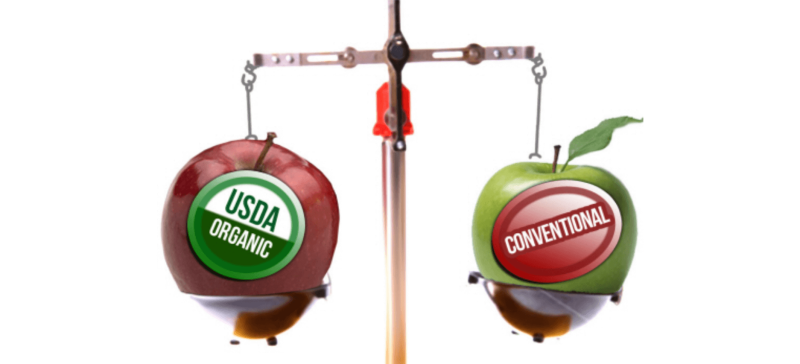The North Dakota State Collegiate Future Farmers of America and NDSU Collegiate Farm Bureau hosted a food information forum to discuss pertinent topics in the agriculture and food industries as part of Ag Week on April 10.
A panel of four experts discussed how modern U.S. labeling uses a confusing system.
The panel and audiences discussed….specific definitions of agricultural products, different laws between states about product labeling and differences between conventional, organic and all-natural farming.
…
Mark Jirik, director of Northern Crops Institute, pointed out the flaws of organic labeling. He shared the story about an organic farmer he used to do a business with.
“There was a loophole in the organic law. If you could not get enough organic feed to feed your cows, then you can still label them as organic,” Jirik said. “If you’re looking at 10,000 cattle, (this farmer) was getting enough organic feed for maybe 500 of them, and this went on for multiple years.”
Read full, original article: Finding the food labeling































